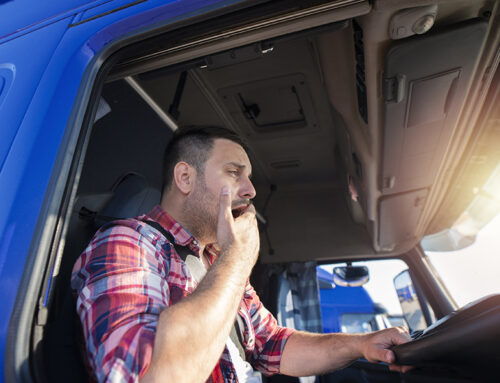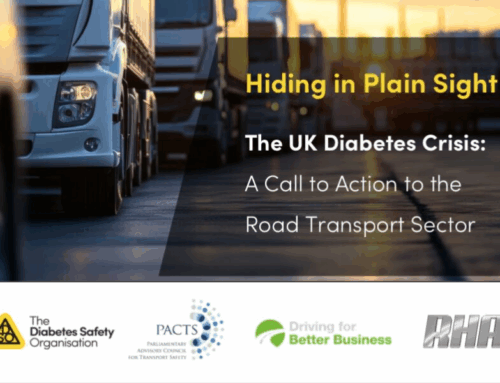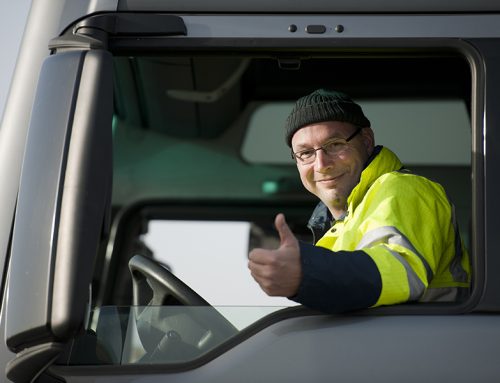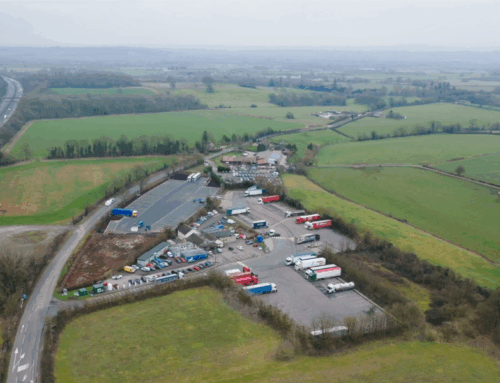Business Resilience – 2/3rds don’t have a plan
Six months into the COVID-19 pandemic, Driving for Better Business has just launched a new Business Resilience report into how companies are dealing with the challenges they face, and preparing for the future post-COVID.
We surveyed 150 owners of SME businesses with a turnover of less than £10 million and who hire people who drive for work, plus another 150 board level decision makers in larger firms, to see how coronavirus had affected them and what plans they were making to strengthen their businesses and ensure their survival.
While a significant number were obviously very concerned about the situation we were heartened to see that, overall, businesses were optimistic about the future.
Unsurprisingly, the main concern for SMEs was about rebuilding their businesses with 46% concerned about controlling operational costs. However, rather more surprising, was that only a third of the businesses we surveyed had so far put in place any kind of plans to try and protect their business in the event of a resurgence in the virus.
The other two thirds were fairly evenly split between those who’d discussed the need for plans but not actually created any, and those who were adopting wait and see attitude – with a small proportion – just 5% – having not even discussed plans.
Controlling fleet operation costs
Controlling operational costs is where Driving for Better Business can help.
Operating company vehicles is one of the biggest operational costs in any business. If your business is involved in home delivery, you may well have expanded to cope with additional demand. If not, you may have started a delivery service to mitigate the fact that customers aren’t coming to you
Around 1/3 of the businesses we spoke to, including half of the larger businesses, were expecting to increase the number of vans they operate.
Servicing and maintenance, tyres, fuel, damage repairs, vehicle insurance – often seen as cost of doing business, but they are directly related to how a business manages the people who drive those vehicles. Poor management means that excessive costs aren’t identified and the driver behaviour that leads to the higher costs isn’t dealt with. Better management of drivers can reduce those costs significantly and therefore add to the financial strength of the business to help it cope better with future uncertainty.
Controlling these operating costs on your vehicles could make a vital contribution to the financial strength of your business and help protect it, as the economy struggles to recover.
Click here to download the full DfBB report Better Business Resilience






